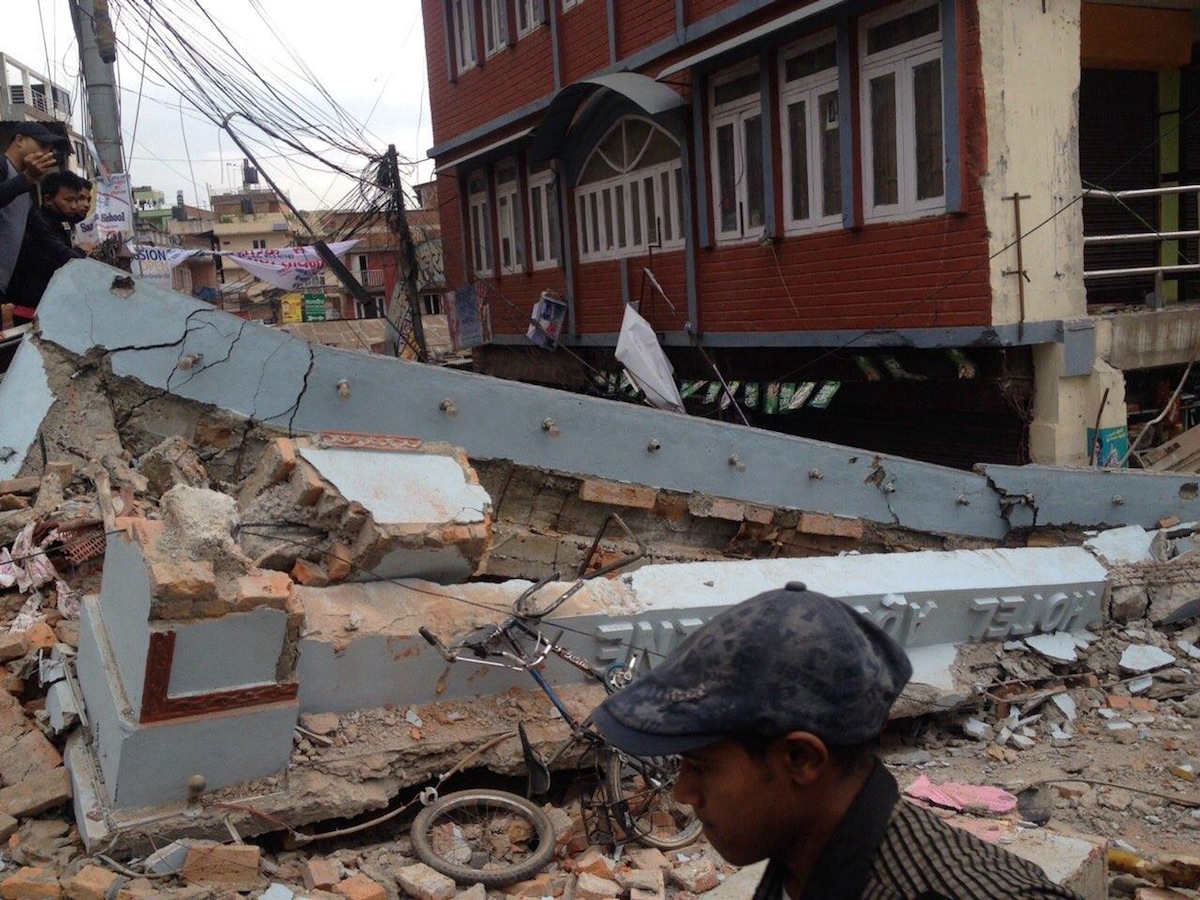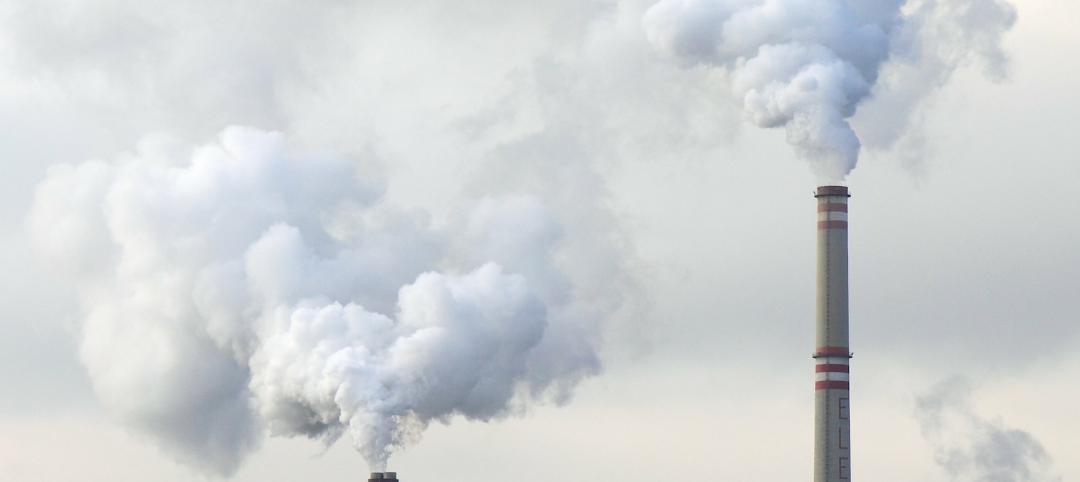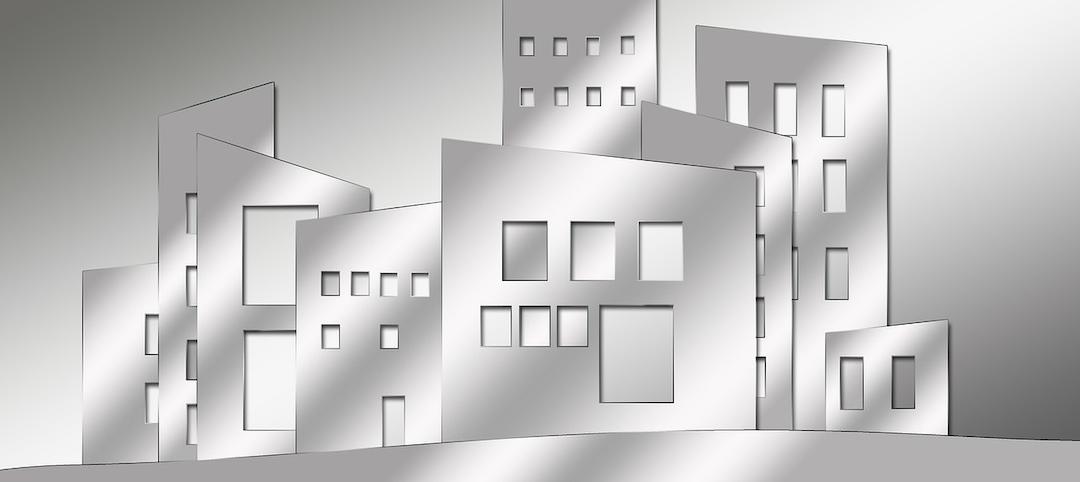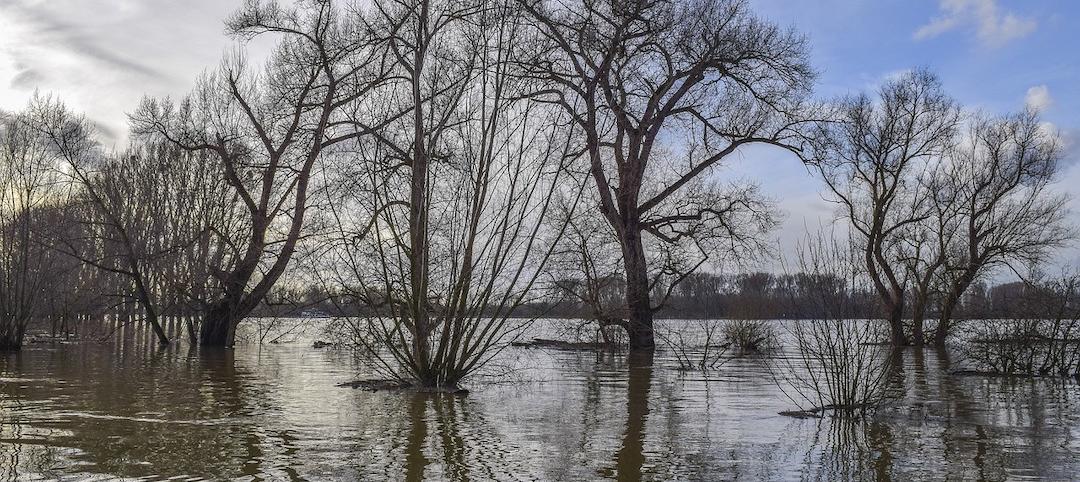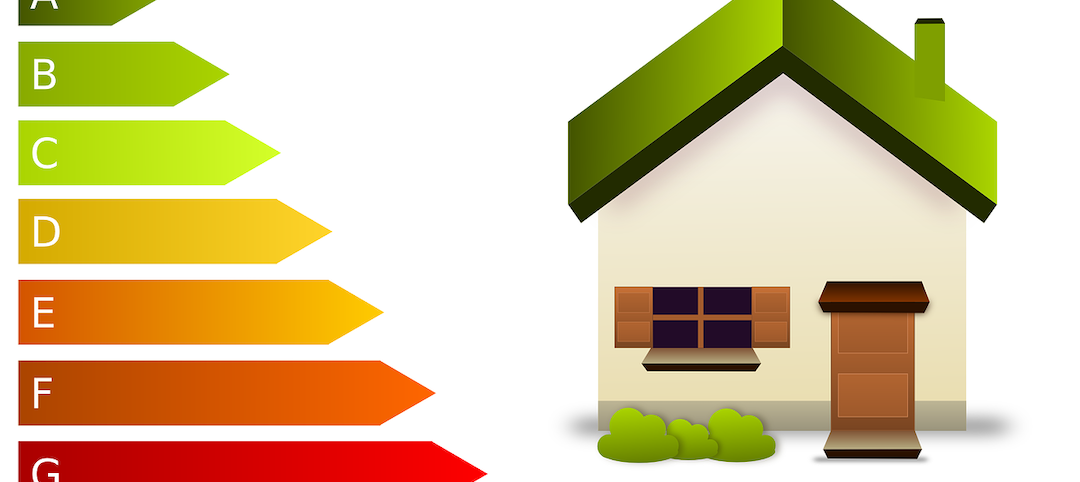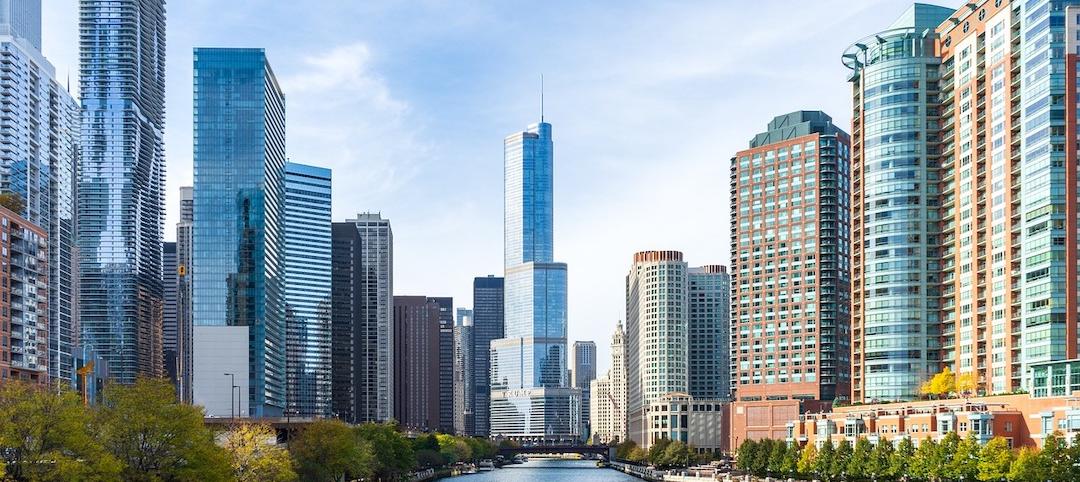The author of Nepal’s building code says the earthquake that killed more than 4,300 people and caused at least $2 billion in economic losses could have been less destructive if the code had been properly implemented and enforced.
The tragedy was predictable given the conditions of the nation’s building stock. “It was inevitable, absolutely inevitable,” Richard Sharpe told Bloomberg Business. Sharpe is a New Zealand earthquake engineer who led a team that formulated Nepal’s only set of building standards 20 years ago.
The earthquake struck during a period following a decade-long Maoist guerrilla war that preceded years of political struggles following the removal of a 240-year-old monarchy in 2008. The unrest made code implementation and enforcement much more difficult.
What’s more, the capital of Kathmandu has expanded to an old lake bed south of the city— an area that is unstable and susceptible to liquefaction—in recent years. Buildings have not been designed to cope with those conditions.
Related Stories
Codes and Standards | Feb 18, 2022
Proposal would make all new buildings in Los Angeles carbon-neutral
Los Angeles may become the next large city to ban fossil fuels from new construction if legislation recently introduced in the city council becomes law.
Codes and Standards | Feb 18, 2022
U.S. Army outlines ambitious renewable energy and decarbonization goals
Net-zero emissions in all procurements and a microgrid at every base among aims.
Codes and Standards | Feb 17, 2022
Pandemic won’t alter urban planning
City planners focused on returning to ‘old normal’.
Codes and Standards | Feb 16, 2022
California court rules affordable housing developers exempt from local zoning
Case could set precedent on state law that overrides local rules.
Codes and Standards | Feb 15, 2022
FORTIFIED resiliency standard expanded to include multifamily sector
Voluntary, beyond-code program aims to protect buildings from severe weather.
Codes and Standards | Feb 10, 2022
Number of Americans at risk of flooding to double in 30 years
Most new risk from new development, not climate change.
Codes and Standards | Feb 10, 2022
Intl. Code Council committee on diversity seeks applicants
New board aims to increase diversity in the membership association.
Codes and Standards | Feb 9, 2022
Climate impact of gas stoves in U.S. equal to half a million cars
New study could increase momentum to ban fossil fuels in new buildings.
Codes and Standards | Feb 7, 2022
Energy efficiency ratings not reflecting true energy use
Highest rated U.K. buildings are less efficient than lower rated ones.
Codes and Standards | Feb 3, 2022
Illinois tops USGBC list of states with the most LEED certified projects in 2021
Top 10 states plus D.C. certified more than 247 million gross square feet.


